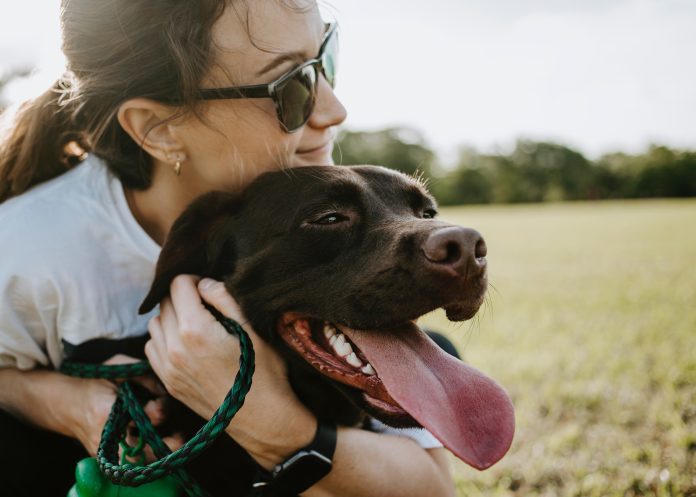From a pet-lover in your community
Provide a Protected and Clean Living Environment for Your Pets
Shelter from the elements and hazards, as well as good hygiene are basic to a good quality of life for your pets.
Ensure Your Pet Has Access to Fresh Water All the Time
Maintaining optimal hydration is important for human health and our four-legged friends.
Feed a Quality Diet to Prevent Obesity
Being overweight can affect both humans and their pets’ health adversely in many ways. Follow the dietary recommendations that your veterinarian makes according to the nutritional needs of your pet based on size, age, level of activity, and breed. Also, provide healthy treats and offer enrichment, affection, and attention as rewards—not just food/table scraps.
Have Your Pet Examined by a Veterinarian on a Regular Basis
Your veterinarian will provide you with information on vaccination schedules, deworming, and external parasite control. Keep a copy of your pet’s vaccination records in your home or with you when you travel. Contact your veterinarian if you notice signs that your pet may be ill, injured, or if something just doesn’t seem right. Your veterinarian is the expert in keeping your pet healthy, so work as a team with them for best results.
Provide Ample Opportunities, Especially for Your Dog, to Exercise
Being tied to a fence on a short lead isn’t fun for anyone—particularly an animal. Make sure your dog gets regular walks, and please, pay attention to your dog’s needs for stopping here and there for a sniff, to meet other dogs, or to do its business. Put your device on silent, leave it at home, or be mindful that you are walking your dog and keep it in your pocket. Just like you, your pet needs time on its own to relieve itself. It needs playtime and enrichment. A bored, lonely pet, like a bored, lonely human, can be destructive. It will bark and cry out for attention. Attending to your pet is your responsibility and your neighbours will appreciate your efforts. No one wants to live around a noisy, unhappy, and neglected pet, and if you do live around one, please report it to 311.
Communicate Appropriately with Your Pet and Develop a Relationship
Dogs, like humans, are social creatures who need to learn to interact with every member of their family. Investing quality time with your pet will help you get to know it and understand its particular quirks. It will also enhance your ability to recognize early signs of illness that could be developing. In addition, time invested in developing a relationship with your animal will help prevent many undesirable behavioral patterns and be a source of calm for you as well.
Use and teach your family members simple commands when interacting with your dog, like “sit”, “stay”, “down”, “wait”, “quiet”, and “come”. Do not overuse “no”, and do not yell at it to shut up nor drag it around by its leash or collar. No hitting or hurting your pet either. Abide by the golden rule. Be respectful and caring towards animals and treat them as you would like to be treated. Puppy and dog training classes are very helpful for every member of the family so each of you can be on the same page rather than confusing your pet with a variety of words/commands. Learn the basics, both for their safety and yours. The more you know, the greater the chances your dog will live a safe, happy, and long life.
Practice Reproductive Control
If you don’t intend on allowing your dog to have puppies, please arrange for spaying or neutering. If you are opposed to either, for whatever reasons, consult with your veterinarian for other available options.
Dental Care is Very Important
Many breeds are prone to gum disease which can have serious implications. Infection resulting from this condition and rotten/abscessed teeth can lead to premature tooth loss and can cause infections internally making your pet sick, unplayful, and result in death.
Don’t Overlook Grooming and Nail Trimming
Long-coated dogs are prone to developing matts and ice balls in their hair/paws. Overgrown nails make it more difficult to walk and can break off which is quite painful. Thoughtful, caring attention of your pet is your responsibility.
In conclusion: knowledge is power. Read up, Google, or consult a professional to learn about raising, training, and living with pets. The more you know, the more confident you’ll be in providing a safe and enjoyable home for your pet and the happier your pet and you will be. Your neighbours will also appreciate your efforts and will be less likely to contact authorities like Calgary Animal Control, Calgary Bylaw Officers, CPS, and/or Calgary Humane Society with complaints of noise and mistreatment.








